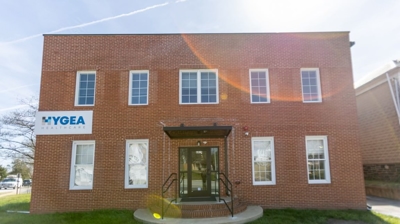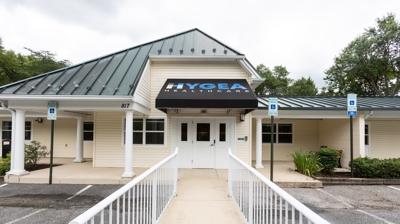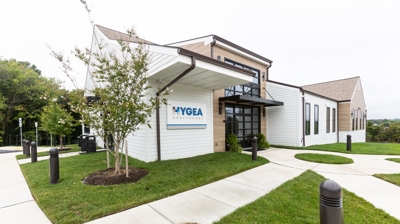The Science of Detoxification
Detoxification is the process by which the body clears itself of substances. Understanding this process is crucial for effective treatment of substance use disorders. This guide explores the biological mechanisms of detoxification and how medical interventions can support this process.
The Body’s Natural Detoxification System
The human body has evolved sophisticated mechanisms to process and eliminate foreign substances:
Primary Detoxification Organs
- Liver: The main detoxification organ that metabolizes substances through various enzymatic processes
- Kidneys: Filter blood and excrete water-soluble toxins through urine
- Lungs: Expel volatile substances through exhalation
- Gastrointestinal tract: Eliminates toxins through feces
- Skin: Eliminates some toxins through sweat
Substance-Specific Detoxification Processes
Alcohol Detoxification
When alcohol enters the bloodstream, approximately 90% is metabolized by the liver. The enzyme alcohol dehydrogenase (ADH) converts alcohol to acetaldehyde, which is then converted to acetate by aldehyde dehydrogenase (ALDH). Acetate is further broken down into water and carbon dioxide for elimination.
Alcohol withdrawal symptoms typically begin 6-24 hours after the last drink and can peak at 24-72 hours. In severe cases, symptoms may include tremors, seizures, and delirium tremens (DTs).
Opioid Detoxification
Opioids bind to specific receptors in the brain, spinal cord, and gastrointestinal tract. With prolonged use, the body reduces its natural production of endorphins, leading to physical dependence.
During detoxification, the body must readjust to functioning without external opioids. This adjustment period causes withdrawal symptoms that typically begin 8-24 hours after the last dose and can last 7-10 days for short-acting opioids like heroin, or several weeks for long-acting opioids like methadone.
Stimulant Detoxification
Stimulants increase dopamine levels in the brain, creating feelings of euphoria and energy. During detoxification, dopamine levels drop significantly, leading to a “crash” characterized by fatigue, depression, and increased appetite.
Unlike alcohol or opioids, stimulant withdrawal rarely presents life-threatening physical symptoms but can involve severe psychological symptoms including depression and suicidal ideation.
Medical Detoxification
Medical detoxification provides supervision and medication to manage withdrawal symptoms safely. At Hygea Healthcare, our approach includes:
Assessment Phase
- Comprehensive evaluation of substance use history
- Medical and psychiatric evaluation
- Development of individualized detoxification plan
Stabilization Phase
- Medical monitoring of vital signs
- Administration of medications to manage withdrawal symptoms
- Nutritional support and hydration
- Management of co-occurring conditions
Transition to Treatment
- Education about the recovery process
- Introduction to therapeutic interventions
- Development of a continuing care plan
Medications Used in Detoxification
For Alcohol Withdrawal
- Benzodiazepines (diazepam, chlordiazepoxide)
- Anticonvulsants
- Vitamins (particularly thiamine)
For Opioid Withdrawal
- Methadone
- Buprenorphine
- Clonidine
- Supportive medications for specific symptoms
For Stimulant Withdrawal
- No specific FDA-approved medications
- Supportive care for symptoms
- Medications for sleep disturbances and anxiety when needed
The Importance of Medical Supervision
Self-detoxification can be dangerous and even life-threatening for certain substances, particularly alcohol and benzodiazepines. Medical supervision ensures safety, comfort, and a higher likelihood of successful transition to ongoing treatment.
Ready to take the first step?
Contact us today for a confidential consultation and begin your path to wellness.
Our Promise to yOU

Community Connection
We help you build strong connections with local resources and support networks to enhance your recovery journey.

Compassionate Support
We treat you with empathy and respect, offering a supportive environment where you can feel safe and understood.

Experienced Team
Our skilled team combines expertise from various fields to provide comprehensive and effective care.

Personalized Care
We tailor our treatment plans to fit your unique needs, ensuring you receive the care and support you deserve.

Hygea @ Belair
6415 Belair Rd.
Baltimore, MD 21206
(410) 512-9525
Services Offered:
Residential

Hygea @ Camp Meade
817 S. Camp Meade Rd.
Linthicum, MD 21090
(410) 512-9525
Services Offered:
Residential

Hygea @ Middle River
1210 Middle River Rd.
Middle River, MD 21220
(410) 512-9525
Services Offered:
Inpatient Detox | Residential
Have questions or need support?
We Are Ready to Help
Reach out to our compassionate team for assistance and guidance on your road to recovery.





